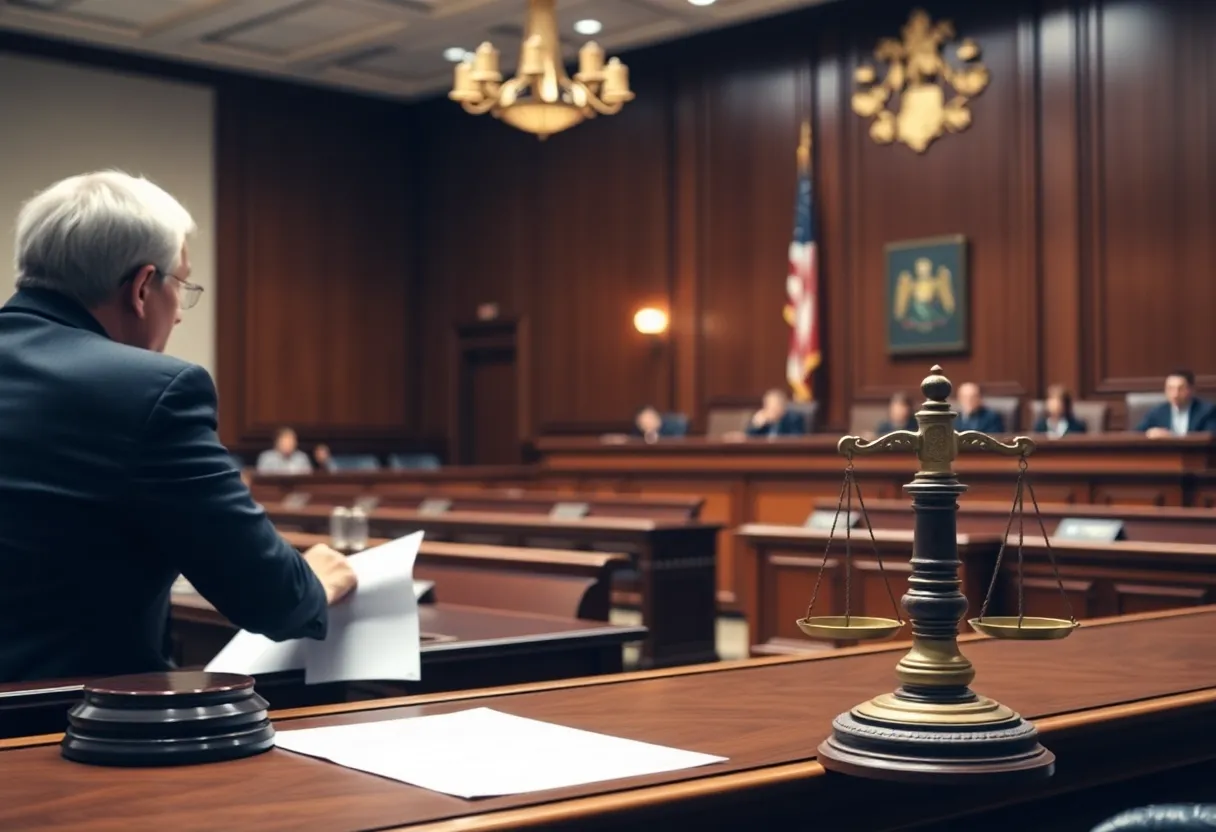Key Laws and Regulations Related to Mesothelioma
Mesothelioma, a rare and aggressive form of cancer strongly associated with asbestos exposure, has led to a complex landscape of mesothelioma laws and legal regulations. Understanding these laws is crucial for affected individuals seeking justice and compensation. This article presents a detailed overview of the relevant legal frameworks, the roles of federal and state regulations, and the available legal options for victims of mesothelioma.
Understanding Mesothelioma and Asbestos
Mesothelioma primarily occurs in the lining of the lungs, abdomen, or heart, predominantly caused by asbestos exposure. Asbestos was widely used in various industries until its dangers became evident. This led to a surge in legal actions against companies responsible for exposing workers and consumers to asbestos without adequate warnings or protective measures.
Federal Regulations on Asbestos
The Asbestos Hazard Emergency Response Act (AHERA)
Passed in 1986, the Asbestos Hazard Emergency Response Act (AHERA) mandates the inspection of public schools for asbestos and the planning of necessary actions for its removal or control. This law emphasizes the responsibility of local education agencies to manage any asbestos-related risks, recognizing that children are particularly vulnerable to the harmful effects of asbestos.
The Clean Air Act (CAA)
The Clean Air Act regulates air emissions from stationary and mobile sources, including hazardous air pollutants like asbestos. Under this act, the Environmental Protection Agency (EPA) sets standards to manage asbestos emissions during demolition, renovation, and disposal activities. Non-compliance can lead to severe penalties, providing a legal framework for holding violators accountable.
State Regulations on Asbestos
State-Specific Asbestos Laws
Many states have enacted their own laws and regulations governing asbestos use and abatement. These laws often reflect the federal framework but may include additional provisions aimed at enhancing public safety and protecting workers. For instance, some states require more stringent reporting and abatement measures than those outlined in federal regulations.
Worker Protection Laws
State agencies often enforce worker protection laws related to asbestos exposure. These laws typically provide safety guidelines to employers, ensuring that workers engaged in asbestos handling or removal are adequately trained and equipped. States may also offer workers’ compensation programs for those diagnosed with mesothelioma or other asbestos-related diseases.
Legal Options for Mesothelioma Victims
Personal Injury Lawsuits
One of the primary avenues for individuals diagnosed with mesothelioma to seek compensation is through personal injury lawsuits. These lawsuits are typically filed against companies that have negligently exposed individuals to asbestos. Plaintiffs must demonstrate that the defendant had knowledge of asbestos risks yet failed to take appropriate action to protect workers and consumers.
Wrongful Death Claims
In cases where mesothelioma leads to the death of the victim, surviving family members may file wrongful death claims. These legal actions seek compensation for medical expenses, loss of income, and emotional suffering resulting from the death of a loved one. The legal requirements for filing such claims can vary by state, making it critical for family members to consult with an experienced attorney.
Financial Compensation for Mesothelioma Victims
Asbestos Trust Funds
Many companies that faced bankruptcy due to asbestos-related claims have established trust funds to compensate victims. These funds, often amounting to billions of dollars, are created as part of a bankruptcy plan to ensure that those harmed by asbestos exposure are compensated fairly. The distribution process may be complex, but it offers a significant source of financial support for mesothelioma patients and their families.
Insurance Claims
Some victims may also explore insurance claims related to their diagnosis. Homeowners’ or liability insurance policies might provide coverage for asbestos-related illnesses, depending on the circumstances surrounding their exposure. Engaging with legal experts can clarify available insurance avenues and eligibility for claims.
The Role of Legal Representation
Engaging a qualified attorney specializing in mesothelioma laws is crucial for navigating the complicated legal landscape. An attorney can assist in gathering evidence of exposure, establishing liability, and filing lawsuits or claims within the appropriate timeframes.
Legal Deadlines (Statute of Limitations)
Each state has specific statutes of limitations that dictate how long victims have to file a lawsuit after a mesothelioma diagnosis. Understanding these deadlines is essential, as failing to act within the specified time frame may result in losing the right to seek compensation. Legal representation helps victims stay informed about these time limits, ensuring timely action.
Conclusion
In summary, the landscape of mesothelioma laws and legal regulations is complex, shaped significantly by both federal and state legislation. Victims of mesothelioma have several legal options designed to hold responsible parties accountable and secure financial compensation. As concerns about asbestos exposure continue, ongoing legal reforms and advocacy efforts are crucial in protecting public health and ensuring justice for those affected.
Additional Resources
Individuals seeking more information about mesothelioma laws and legal regulations are encouraged to consult with specialized lawyers and advocacy organizations dedicated to asbestos-related diseases. These resources can provide insight, support, and guidance in navigating the legal avenues available to mesothelioma victims.



















